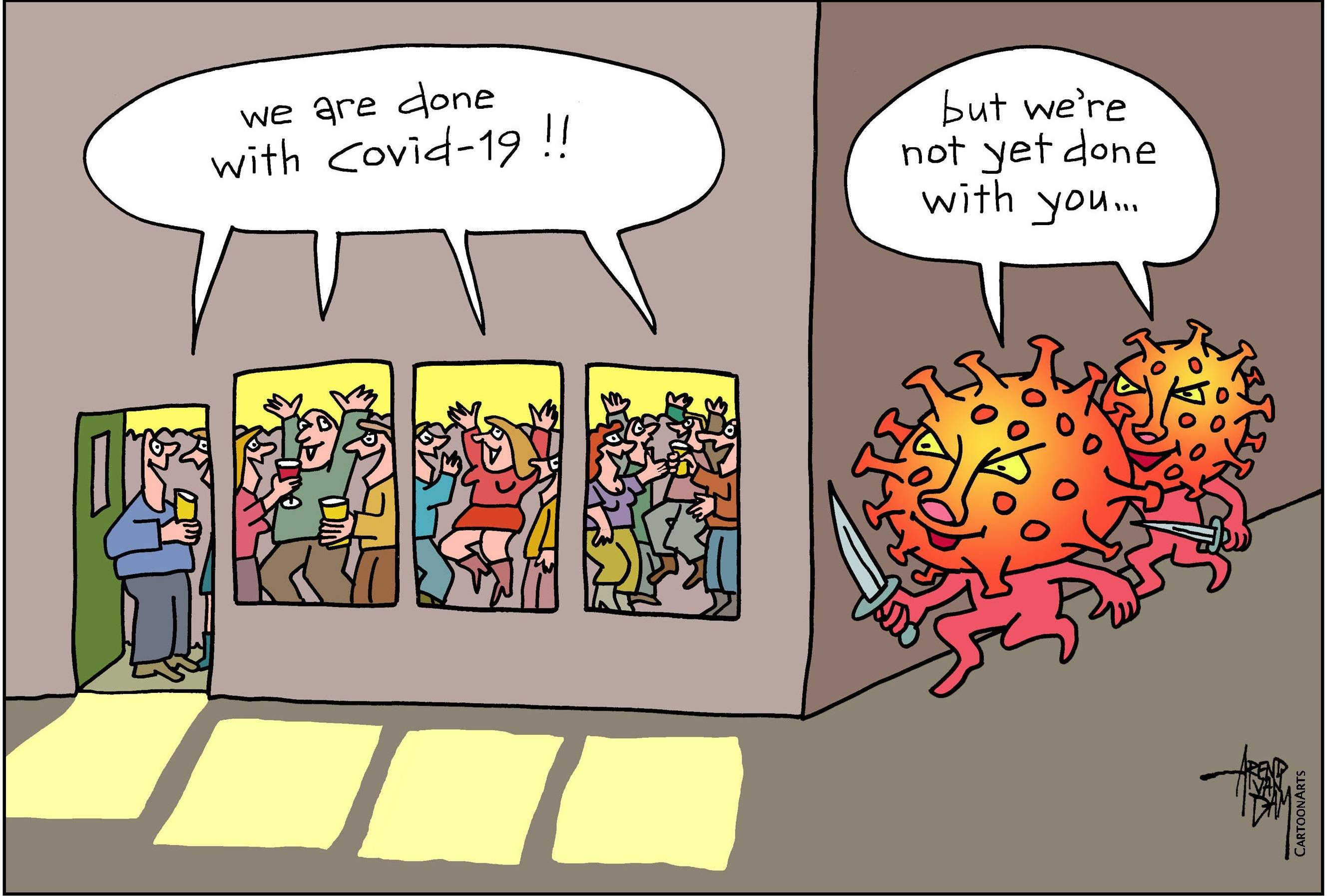Of COVID-19's many side effects, perhaps the least appreciated are psychological. Those who have had a bad case and survived, like people who’ve been in war or accidents, may suffer post-traumatic stress for years. And even people in the as-yet-healthy majority are hurting. Young adults, in particular, are getting more depressed and anxious as the pandemic uproots whatever budding life plans they had been nursing.
It’s long been clear that COVID-19, like any major disaster, is causing an increase in mental health disorders and their accompanying evils. Those range from alcoholism and drug addiction to wife beating and child abuse. In the Americas, the world’s most afflicted region with hot spots from the the United States to Brazil, this psycho-social crisis has become its own epidemic, according to the World Health Organization’s regional branch.
In the U.S., the national rate of anxiety tripled in the second quarter compared with the same period in 2019 (from 8.1 percent to 25.5 percent), and depression almost quadrupled (from 6.5 percent to 24.3 percent). In Britain, which has also had a severe outbreak and a long lockdown, depression has roughly doubled, from 9.7 percent of adults before the pandemic to 19.2 percent in June.



















With your current subscription plan you can comment on stories. However, before writing your first comment, please create a display name in the Profile section of your subscriber account page.